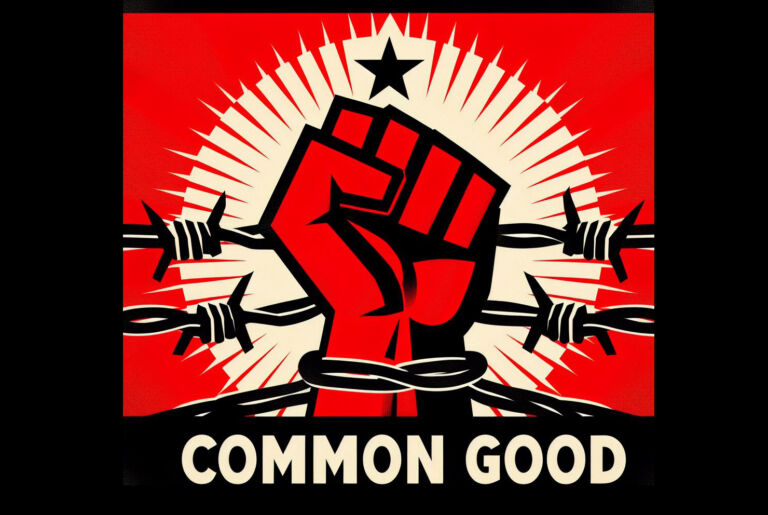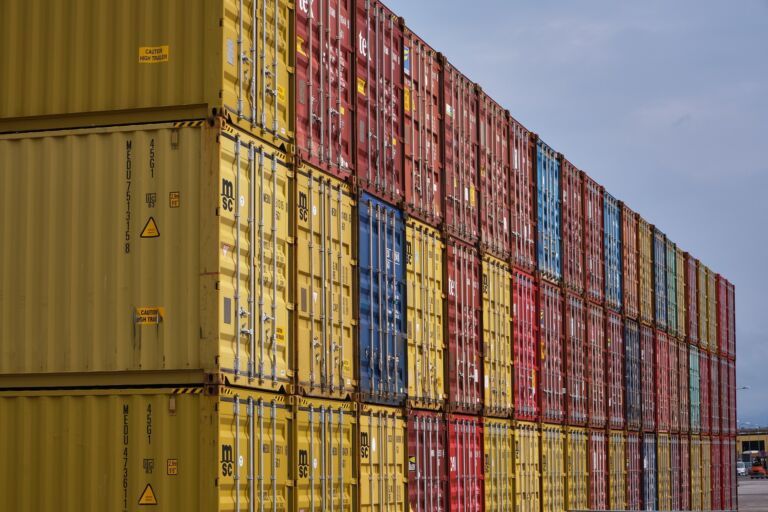Michael Strain writes for the Financial Times about problems linked to economic protectionism.
Nippon Steel and US Steel reached a deal in December for the Japanese steelmaker to acquire its iconic US competitor. The acquisition is a non-hostile, $14.1bn deal in which Nippon would pay $55 per share — a 40 per cent premium to the US company’s share price the trading day before the deal. Investors cheered, with shares in US Steel rising 26.1 per cent the day it was announced.
But the merger is opposed by the United Steelworkers labour union. And on Thursday last week, President Joe Biden sided with the union, declaring that it was “vital” for US Steel to remain “domestically owned and operated”.
An American president opposing investment by a staunch ally in a US manufacturing company is a sign that protectionism has run amok. What Biden should be focused on instead is the long-term prosperity of the American people.
Nippon’s acquisition of US Steel would benefit the economy broadly and the working class specifically. The company intends to inject much-needed technology and capital into US Steel. This would raise the productivity of its workers, putting upward pressure on their wages and incomes, and potentially increasing employment opportunities and steel output.
There may be downstream benefits, as well. As productivity increased and US Steel prices fell, the incentive facing domestic manufacturers to import steel from abroad would reduce. This could allow domestic manufacturers to cut their costs and become more competitive. In the US, for every job in steel production, there are around 14 jobs in industries that use steel intensively.
The major obstacle to the deal going through is a national security review led by the Treasury department. Some elected officials have expressed security concerns. But that is ridiculous — Japan is a staunch ally of America.


